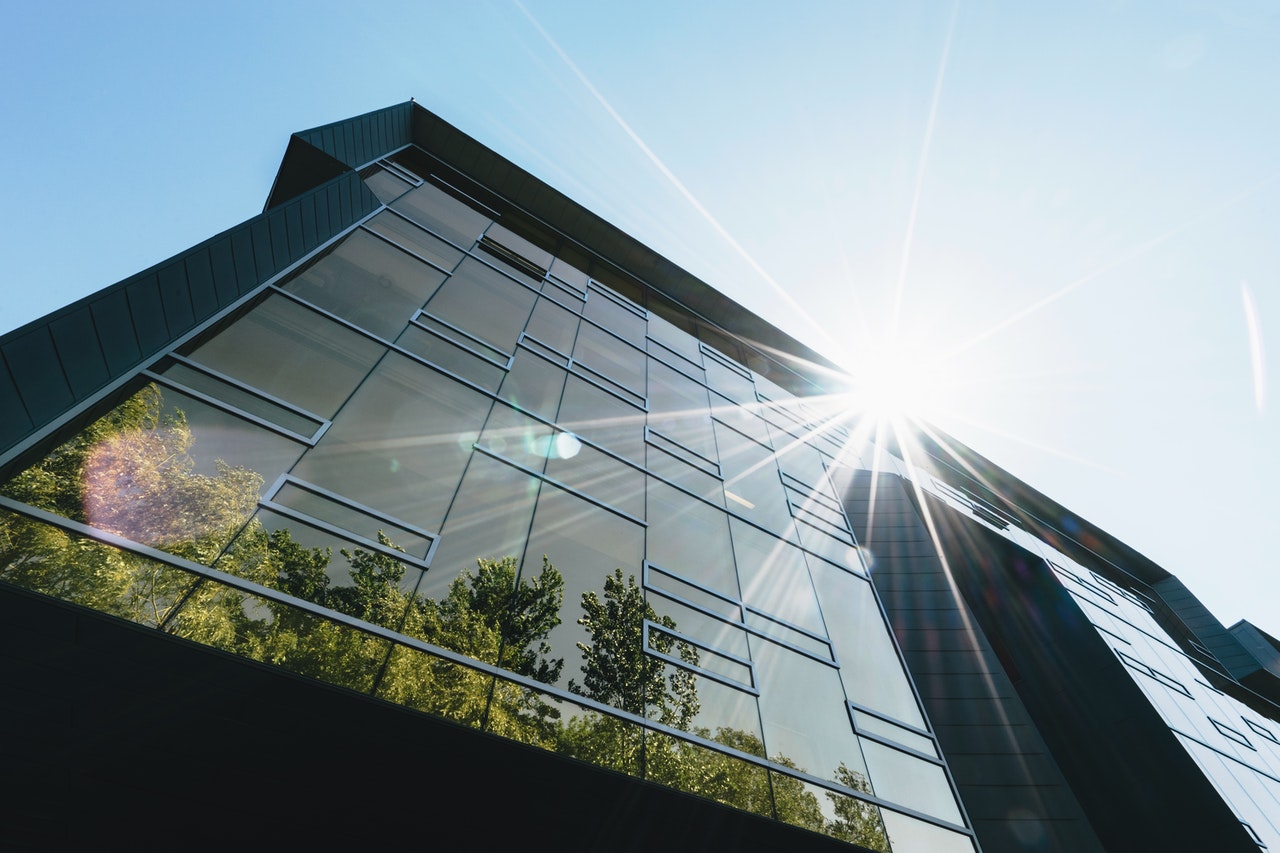The ever increasing demand for internet usage and fast transactions means that further enhancing the resilience of data centers requires the collaboration of all stakeholders.
Experts believe that infrastructure builders of such centers and their clients should cooperate more to reduce emissions, Eco-Business reported.
Increasing energy efficiency and reducing power consumption has long been at the heart of data center efforts to become more resilient.
At a panel session on greening this June in Singapore by eco-business and digital infrastructure firm Equinix, Darren Yong, head of media and communications technology at consultancy KPMG, noted that “for every gigabyte, terabyte, petabyte of data, stored or processed require refrigeration.
For example, in data centers in Singapore, cooling accounts for almost 40% of energy consumption. Other experts believe that data centers could negotiate with customers to transfer less critical information from servers in real-time, which could reduce energy consumption and costs.
It has also been suggested that facility operators develop common standards for equipment to better use common cooling systems.
Equinix, Google and Intel have set capacity and energy efficiency targets and are using clean energy sources in their European operations. But there is no such pact in Singapore.
Instead, there has been a moratorium on new data centers since 2019, as larger centers built in the city-state increasingly consume its power grid. About 70 data centers today consume about 7% of Singapore’s electricity, which is almost entirely generated from natural gas.
At the same time, Singapore has invested millions of dollars in research on how green hydrogen, obtained by splitting water atoms using renewable energy sources (RES), can replace natural gas in industry. But green hydrogen is still many times more expensive than natural gas, and much of its supply infrastructure is not available for commercial use today.
This year, the Singapore government announced its intention to issue new data center building permits, including stricter rules on efficiency standards and capacity limits. Presumably, the first round of new licenses will be limited to 60 MW, which is about 5% of the existing capacity.
Singapore’s Green Plan sets out the city-state’s sustainable development agenda in clean energy, green buildings, and new jobs. Singapore wants to achieve zero emissions by around 2050.
According to Esther Ahn, director of sustainable development at Singapore-based real estate company City Developments Limited, new developments could be less harmful to the environment if cooperation with all stakeholders begins at the planning stage.
For example, equipping buildings with sensors that turn on the air conditioner only when people are in the rooms can help save on energy bills.

